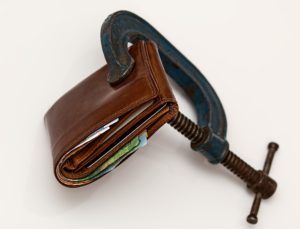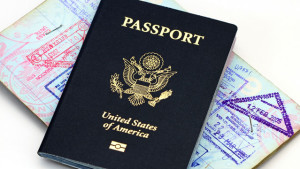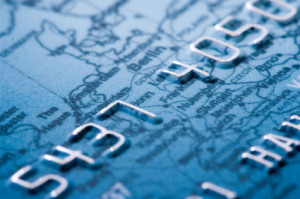Dear Liz: I had several checks stolen from the U.S. Postal Service. The thieves altered and cashed the checks. I monitor my bank accounts religiously and discovered the altered checks quickly. I immediately put holds on the checks and for the most part I have been reimbursed. One check, however, was written out to one bank for $4,339 and then cashed through another bank. The first bank told me they were pursuing the second bank for payment, and that when they get reimbursed, I’ll get reimbursed. I’ve been waiting since October 2022! Recently I received a letter from the first bank saying, in effect, that the other bank hasn’t responded so they consider the case closed. Basically, I’m out the money. This is obvious fraud and no one is taking it seriously.
Answer: Check fraud is soaring even as the use of checks has declined. Thieves take signed checks from mailboxes, sometimes using keys stolen from mail carriers, and “wash” them with common solvents such as nail polish remover. Once the checks dry, they change the amounts and payees and then cash the altered checks.
If you report the problem to your bank promptly — typically within 30 to 60 days of your statement date, depending on state law — then you should be made whole.
You can start by making a complaint to the Consumer Financial Protection Bureau online or by calling (855) 411-2372. The CFPB has a pretty good track record of getting companies to respond.
Also, please look into other payment methods. Electronic payments are much more secure as well as faster and easier to trace.
 This week’s top story: Smart Money podcast on no-spend month 2.0, and recovering from credit damage. In other news: February mortgage rates on the downslope by end of month, having a conversation about fraud with older adults, and how to save your job from laying off.
This week’s top story: Smart Money podcast on no-spend month 2.0, and recovering from credit damage. In other news: February mortgage rates on the downslope by end of month, having a conversation about fraud with older adults, and how to save your job from laying off. Today’s top story: What the new COVID relief package means for you and your money. Also in the news: Second relief bill and vaccine rollout attract fraudsters, taking advantage of student loan breaks before 2020 ends, and why a down payment is just the beginning of buying a new home.
Today’s top story: What the new COVID relief package means for you and your money. Also in the news: Second relief bill and vaccine rollout attract fraudsters, taking advantage of student loan breaks before 2020 ends, and why a down payment is just the beginning of buying a new home.  Today’s top story: People with COVID-19 payment accommodations are finding mistakes in their credit files. Also in the news: 6 tips to teach your kids lifelong money lessons during the pandemic, Americans lost $77 million to Covid-19 fraud, and what to do if you can’t pay your taxes next week.
Today’s top story: People with COVID-19 payment accommodations are finding mistakes in their credit files. Also in the news: 6 tips to teach your kids lifelong money lessons during the pandemic, Americans lost $77 million to Covid-19 fraud, and what to do if you can’t pay your taxes next week. Today’s top story: Where Coronavirus relief checks go, fraudsters follow. Also in the news: What to do if you’re a U.S. citizen stranded abroad right now, how to strengthen your financial resilience with these 3 insights, and why you should keep paying your federal student loans right now, if you can.
Today’s top story: Where Coronavirus relief checks go, fraudsters follow. Also in the news: What to do if you’re a U.S. citizen stranded abroad right now, how to strengthen your financial resilience with these 3 insights, and why you should keep paying your federal student loans right now, if you can. Today’s top story: New scoring could help credit-shy millennials. Also in the news: Giving yourself the gift of a $0 credit card balance, 5 key steps to joining the 401(k) Millionaires Club, and why you should only share your credit card info at a hotel at the front desk.
Today’s top story: New scoring could help credit-shy millennials. Also in the news: Giving yourself the gift of a $0 credit card balance, 5 key steps to joining the 401(k) Millionaires Club, and why you should only share your credit card info at a hotel at the front desk. Today’s top story: How your wallet can do more good this year. Also in the news: Talking money with our partners, how to file a claim in the Western Union fraud case, and why the Dow Jones breaking records isn’t helping your bottom line.
Today’s top story: How your wallet can do more good this year. Also in the news: Talking money with our partners, how to file a claim in the Western Union fraud case, and why the Dow Jones breaking records isn’t helping your bottom line. Today’s top story: Loan forgiveness scaled back for defrauded students. Also in the news: an NFL rookie hoping to avoid money mistakes, giving to charity when money is tight, and New Year’s financial resolutions for your money.
Today’s top story: Loan forgiveness scaled back for defrauded students. Also in the news: an NFL rookie hoping to avoid money mistakes, giving to charity when money is tight, and New Year’s financial resolutions for your money.